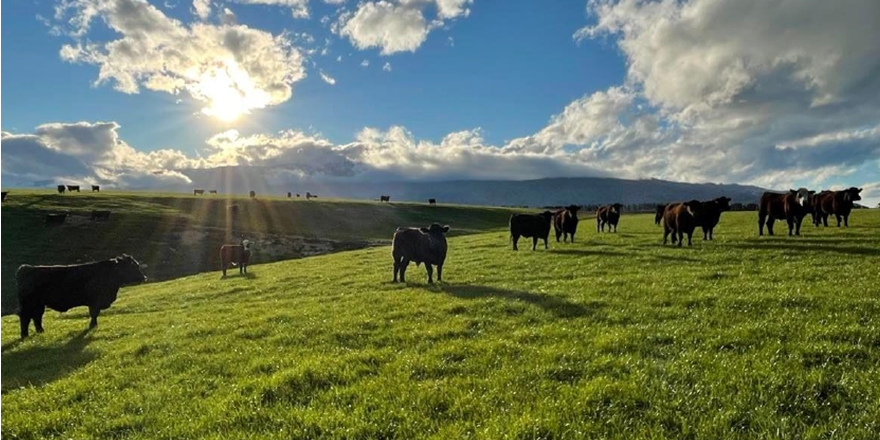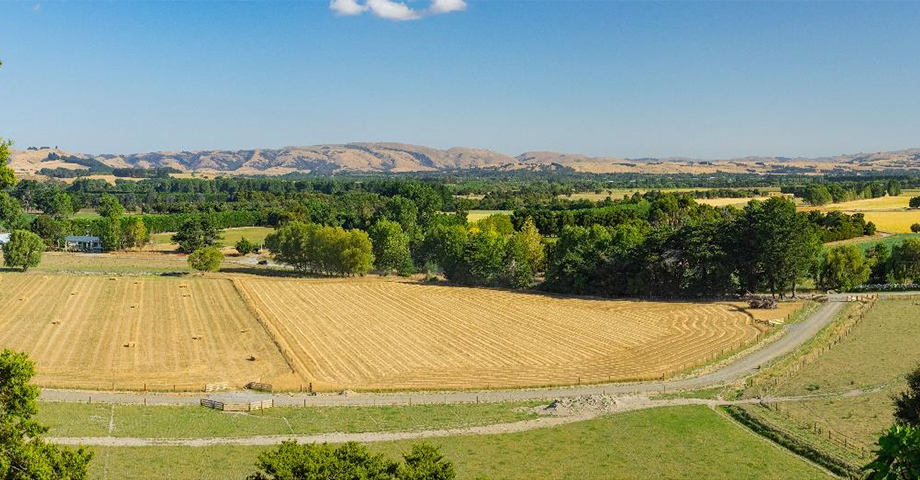
Executive summary
To achieve industry growth targets, Government and Primary Industry strategies have signalled the need for change. For example there are calls for greater collaboration, scaling up, more innovation and improved productivity. The key to success will be commercial leadership. Individual enterprises across the value chain will need leaders and senior managers with the capability and style to spear head change. They make the decisions, have the resources, and implement. The challenge is to translate the elevated industry goals and aspirations into commercial reality, and to migrate these into the mainstream so that they become the norm.
The central question to this study has been: What leadership and top talent management do agribusiness leaders and managers require to move their individual businesses into top performance to grow the industry for the future?
There is an enormous amount of research and literature on leadership, talent, leadership development and talent management as well as a multitude of models theories and concepts around competencies, styles and good practice. Rather than take a pure theoretical view, I was interested in obtaining perspectives on leadership from those at the coalface who are weaving their way through the complexity and challenges of this century’s business. To do this, I interviewed and surveyed ten recognised leaders of significant companies, mainly within the horticulture industry. I used two pieces of leadership research that lent themselves to exploring leadership for results and for transformational change with a particular focus on the impact of organisational climate and emotional intelligence.
The purpose of this study has been to inform those making decisions around leadership development and to catalyse new thinking and action for transformational change.
In summary, nine themes on leadership for future agribusiness and nine recommendations as to what to do about it can be drawn from this study:
The Nine Themes
- Transformational change is on the agenda and developing more transformational leader ship is a commercial imperative for the businesses in this study.
- There is a leadership gap and the strategic theme of “Identifying and developing talent“ has become a top priority.
- There is a shift away from the old command and control and the “Great Man Trait” approach to wards transformational leadership and associated behaviour. Tapping into hearts as well as minds will take companies much further ahead.
- Given the nature of the business, however, the transactional mode is still a commercial imperative.
- Entrenched paradigms and associated business practices such as old style performance measures still drive a less than ideal transactional culture.
- Agribusiness has the opportunity to develop unique transformational cultures by blending family-based values and approach, with the disciplines and pathways of scale and/or corporate management.
- Effective leaders of the future will develop and use a mix of styles and competencies and these need to be different to what is currently there (more transformational, a lot less “laissez faire”, more authoritative and less coercive).
- Young people and women are an under-utilised resource. Encouraging diversity and the associated different styles could accelerate the transformation the Chief Executives (CEs) are looking for.
- With the exception of a couple of the companies where some outstanding and exciting new activity is happening, the majority of leadership development is still quite adhoc. My general sense is that there is now a lot of opportunity to work on the “HOW”.
Recommendations
My recommendations for companies and commercial leaders to accelerate transformational change are:
- Align your leadership at the top, however, put a much higher focus on proactively identifying and developing your leaders across the entire company.
- Build your company culture around the unique mix of grounded family – based values and the rigour and opportunities corporate management offers. Find your “sweet spot”.
- Cultivate a mix of styles across the company: the CE, senior and middle managers (more transformational, a lot less “laissez faire”, more authoritative, more coaching, and less coercive).
- Have a stronger than ever focus on performance but move away from the Great Man trait and command and control mentality.
- Develop a more sophisticated and integrated approach to talent management. This will include:
- more HR expertise ( either internal or external),
- taking a whole – systems approach linking company strategic directions to HR as well as training and development,
- advanced recruitment and selection – companies need to become talent scouts,
- considering different incentive and performance systems,
- proactive succession planning, pipelining and transitioning,
- adding more basic management training to your development budgets, separate to leadership development,
- much more input by the company and its managers before and after training interventions. Have a go at high impact learning principles,
- greater focus on behavioural concepts such as emotional intelligence and organisational dynamics understanding that transformation is a process, that there pitfalls to each stage of that process and avoid those pitfalls,
- a higher priority to develop personal and interpersonal capabilities at all levels.
6. Tap into your young people – find more leadership roles, nurture and develop them.
7. Engage more with women and be open to their different way of leading, thinking and doing things.
8. Consistent and increased investment through good times and bad will be critical.
9. Equally important, irrespective of size of company or the amount of resource available, will be investment by the agribusiness leaders themselves. The impact of how they individually behave and foster “the way we do things around here” both at a strategic level and on a day-to-day basis cannot be under-estimated.
Next Steps
This project has been one of thought leadership. It has signalled that “talent” and developing talent“ is a commercial imperative and provides deeper insights into leadership and building a culture for change. From here there are three things to do: tell the story, refine the data, and empower commercial organisations to step up into transformational mode.




